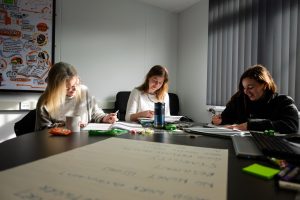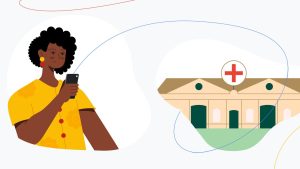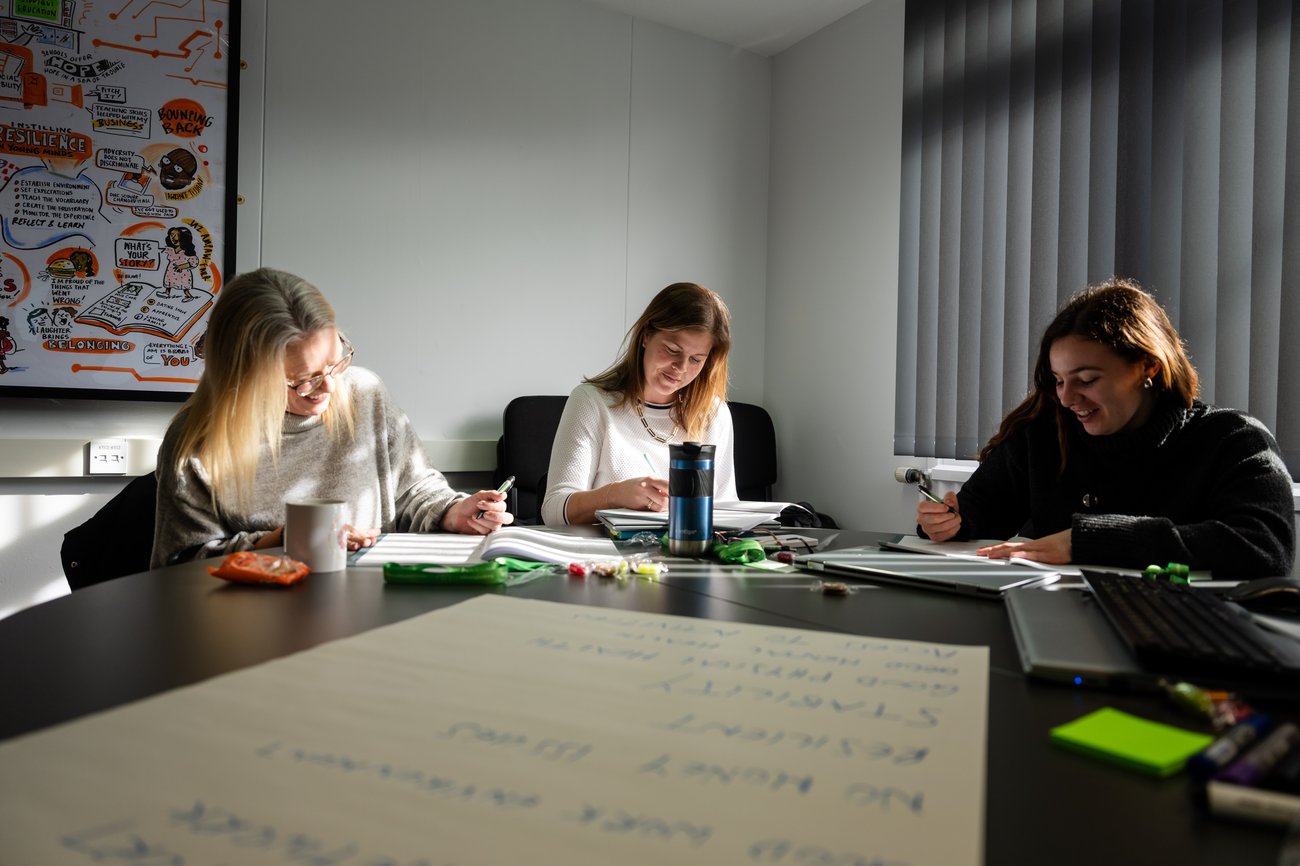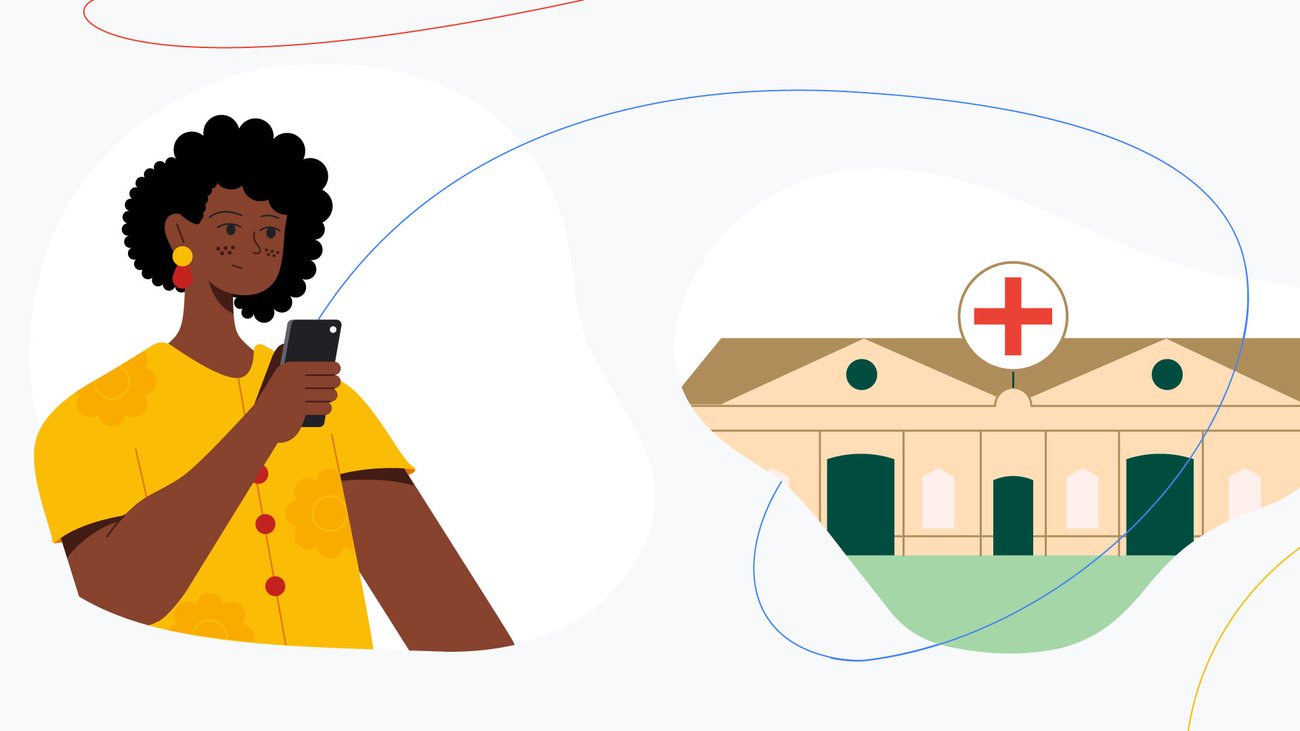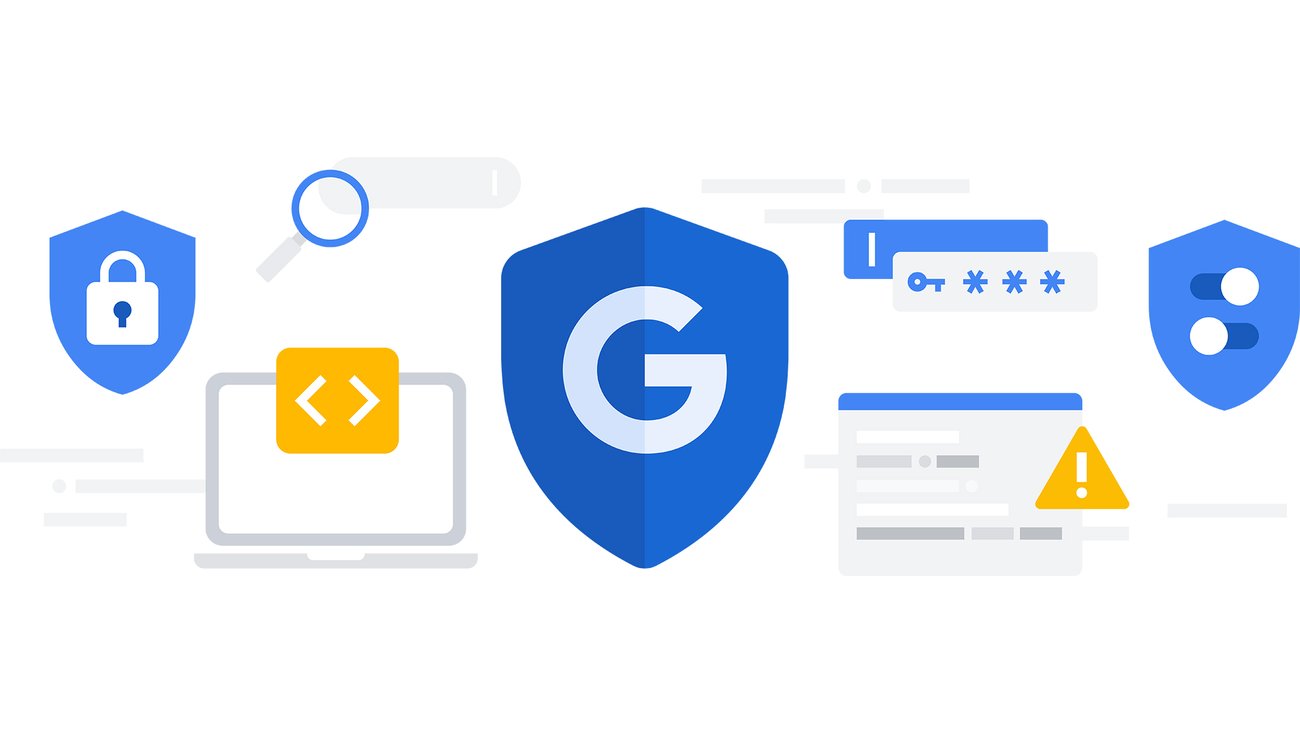[ad_1]
Google was created by two young people exploring the possibilities of the internet, the most advanced technology of their time. As we celebrate Google’s 25th birthday, it’s important that we support the next generation of curious minds and give back to the communities Google calls home.
Google.org is providing a total of $10 million in grants to For Inspiration and Recognition of Science and Technology (FIRST) and the REC Foundation (RECF) to help 300,000 U.S. middle schoolers participate in robotics programs. These programs will introduce students to the latest technology, like AI, and prepare them for the jobs of tomorrow.
As a father of four, I’m constantly thinking about what I can do to help my daughters succeed. Recently, I was lucky enough to bring my daughter Jaelyn, and 20 of her fellow middle schoolers from Oakland, California to Mark Rober’s CrunchLabs. Mark is a NASA engineer turned YouTube creator who founded CrunchLabs to help young people “think like an engineer” through hands-on play with build-it-yourself STEM toys. What Mark emphasized to the kids throughout the event, and what stuck with me, is that thinking like an engineer doesn’t necessarily mean pursuing a certain degree or profession. It’s about having relentless curiosity and believing you can solve whatever problem you put your mind to.
Tomorrow’s jobs are full of possibilities. And what Mark, FIRST and the RECF all understand is that by combining timeless skills — creative problem solving, communication and teamwork — with excitement for new ideas, concepts and technology, you’re helping build resilient, creative young minds. When I was a kid, that meant tinkering with the motorized engines in Capsela kits. Now, for Jaelyn, it means understanding how AI can help her engineer a better robot.
In addition to helping weave emerging technologies into their curricula, Google.org’s grant funding will allow FIRST and the RECF to better support their existing communities and create new student teams across the U.S. — including in every state where Google has an office or data center. Knowing that opportunities to participate in robotics programs are not equally distributed, this grant funding will also help FIRST and the RECF continue their efforts to connect with communities and students who have traditionally lacked access. In some states that will mean a more concerted effort to reach rural communities, while in others it may mean outreach to students of color or non-native English speakers.
These grants build on our longtime support and passion for robotics. Over the years, Googlers have volunteered more than 22,000 hours of time to youth robotics nonprofits, created robotics-focused programs specifically designed for girls, and lent their technical knowledge to help youth robotics teams build out new programming. And this month, we’re hosting dozens of volunteer events and inviting our employees to lend a hand with local clubs. If you want to join in, you can learn more about how to get involved with your local FIRST or the RECF team.
[ad_2]
Source link

